10 reasons why we have not yet found aliens

The Fermi paradox, proposed by the physicist Enrico Fermi, sounds like this: "Where are all the aliens?".
If we take into account the size of the universe and the number of planets similar to the Earth, then there must be tens of thousands, if not more extraterrestrial civilizations in our galaxy.
And since the galaxy exists about 10 billion years, the sentient beings had to have enough time to communicate with each other.
So if aliens would exist, why have not we discovered them yet?
Extraterrestrial life
- The Earth is special
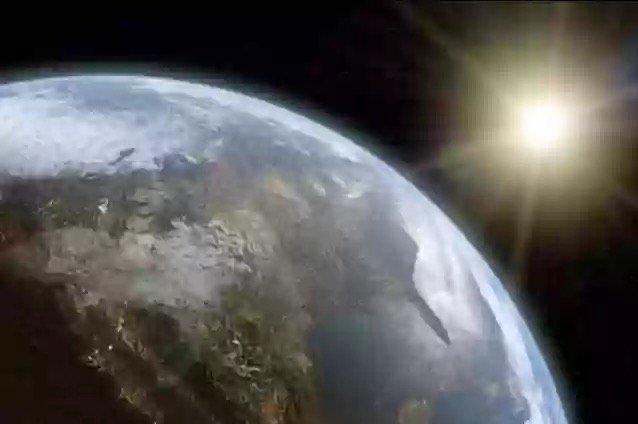
According to the hypothesis of a unique Earth, a series of events that led to the emergence of life on Earth was complex and unique. And although there are planets similar to the Earth, none of them have that ideal combination of conditions that are required for the development of intelligent life.
One of the factors contributing to the emergence of life on Earth is the unique orbit and position of the Earth, thanks to which over a long period on our planet there are fairly stable climatic conditions.
If the distance between the Sun and the Moon were different, the planet would be too hot or cold, it would not have enough oxygen, and it would not be able to support other forms of life other than bacteria.
- Reasonable life stumbled upon an obstacle
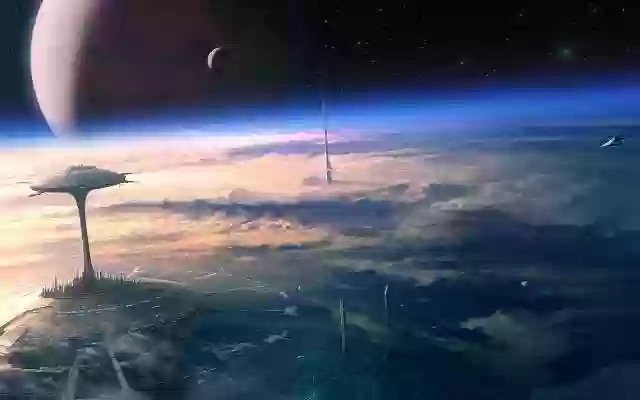
According to the theory of the "Great Filter", extraterrestrial life exists, but does not possess so advanced technologies for communication or travel for such distances. Although our technologies may bring us closer to this point, we will stumble upon some obstacle, or a catastrophe will lead to our collapse.
Natural cataclysms periodically fall on the Earth, and perhaps such events concern other worlds, and their technologies do not have time to develop properly. We can also destroy ourselves, for example, during a nuclear war.
Whatever the scenario, we most likely will not only never be able to communicate with aliens, but most likely we will die if we try to do this.
However, some scientists believe that perhaps we will be the first to overcome this filter, and become super-intelligent beings in space.
Extraterrestrial civilizations
- They left the universe
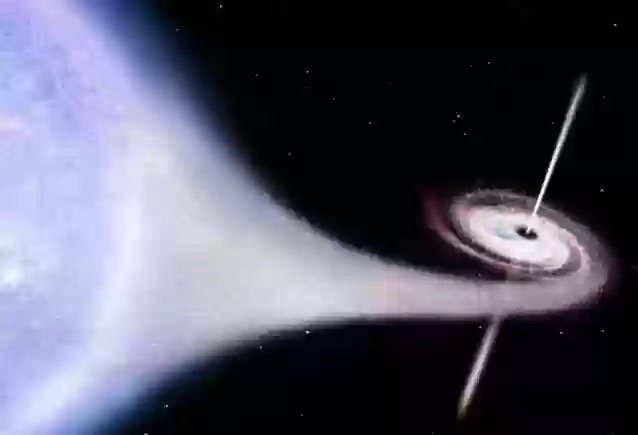
According to the futurist John Smart and his "hypothesis of transcendence", intelligent alien life once existed in the universe, and it became so developed that it concentrated on the inner cosmic space, and not on the outer space.
This process can be compared with the decrease in the size of computers. At first, they were huge, large-space devices that became smaller and more complicated at the same time.
Reasonable life could evolve in a similar way, more effectively using space, time, energy and matter. In the end, having reached nanoscale, we can become so small that we will create and will exist in a black hole outside the space-time continuum.
Black holes are ideal for computing and learning, traveling in time and accumulating energy. Civilizations that have not reached this level are doomed to failure.
Also, given Moore's law, according to which the computing power of a computer doubles every two years, other creatures could already reach transcendence before exploring outer space.
- The Earth is not as unique as we think
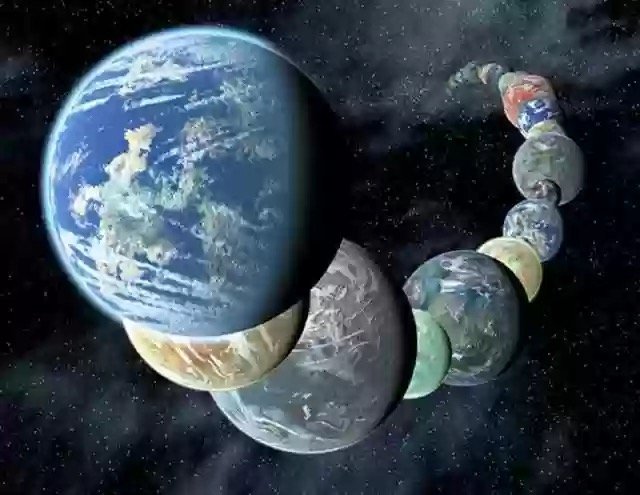
Perhaps it's too arrogant to say that aliens are interested in us or our planet. It can be assumed that there are more interesting worlds that support life, and intelligent beings will rather focus on better places.
The extraterrestrial race, capable of traveling light-years away, would hardly care about communicating with us. In addition, they most likely would have more advanced technologies and did not need our resources.
But no matter how smart aliens are, it is not so easy to travel in time. And would they waste energy to get to our planet, and not to 8.8 billion planets similar to the Earth in the Milky Way galaxy?
- We live in virtual reality
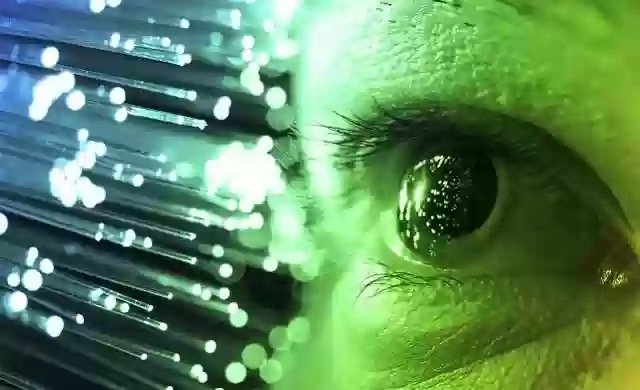
According to the "planetarium hypothesis" our world is a form of virtual reality "planetarium", created in order to create the illusion of emptiness of the universe. We did not find any aliens simply because it was not foreseen by the program.
The foundations of this theory were expressed by Descartes: "How do we know that the world around us is real - can we just brain in a flask that believes that it lives in the real world?".
But modern adherents of this hypothesis believe that we are in a computer simulation created by highly evolved aliens. These aliens are able to use energy to manipulate matter and energy on a galactic scale.
Some physicists believe that we will open this simulation by noticing a failure in the system or developing a test that will prove this theory.
- We live in the cosmic "jungle"
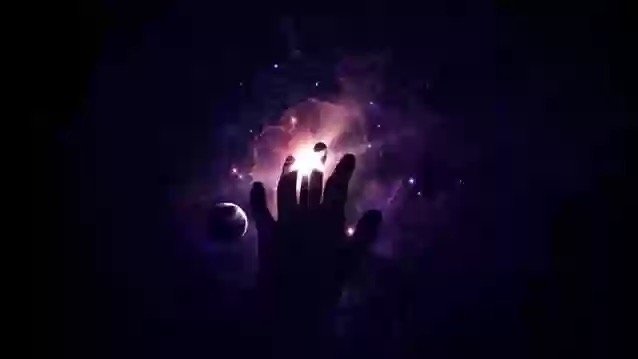
Although intelligent extraterrestrial life can exist, our planet is too far away to communicate.
It is possible that the Earth is so far from other inhabited worlds that we simply were not noticed. Some even believe that other worlds are relatively close and interact with each other, while we stand aside.
The idea is based on the mathematical theory of "percolation", which explains how things accumulate in a random environment. According to theory, the universe was formed with regions of large congestion and small isolated areas.
The famous physicist Stephen Hawking believes that we do not need to seek contact with the aliens, but it's better not to stick out until we have reached the proper level.
Search for extraterrestrial intelligence
- We have not yet recognized their signals
Another Carl Sagan argued that "the lack of evidence is not the same as proving the absence of aliens."
Programs to search for extraterrestrial life relied on borrowed radio telescopes and other equipment that could be used for a limited amount of time.
Because of this, there was no significant progress. But there is good news. Allen's antenna array - a radio telescope consisting of 42 6-meter telescopes, created to search for extraterrestrial intelligence, is ready for a serious exploration of the cosmos and possibly catch signals from aliens.
- We can not recognize their signals
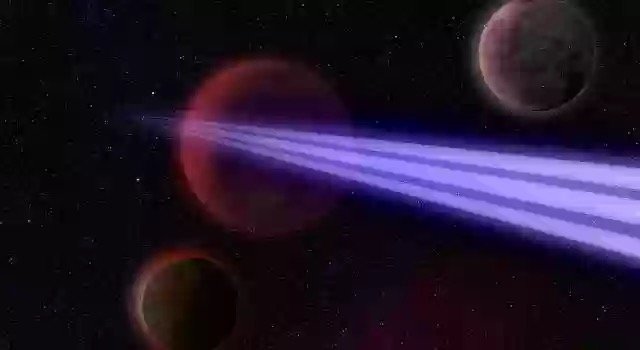
Even if there are life on other planets, does this mean that other creatures evolved in the same way as on Earth? Perhaps they are so different from us that we just do not recognize their signal.
For example, bats visualize sound waves, while we only see light. It can be assumed that humans and aliens use completely different senses.
The problem is that we are looking for something similar to us, but perhaps extraterrestrial beings have forms that we can not even imagine.
A highly developed race can use communication methods that go beyond our technological understanding. And our primitive radio signals can be for them no more than white noise.
- Superorganisms are by nature prone to suicide
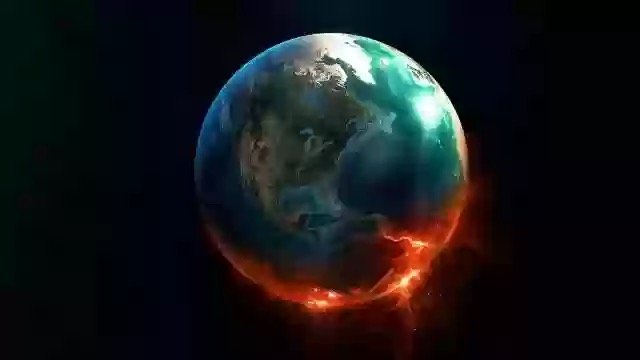
According to the hypothesis of Medea, pioneered by paleontologist Peter Ward, people and other superorganisms carry a seed of self-destruction. This is consistent with the theory of the "Great Filter", which states that we will die before we reach such a level to communicate with aliens.
The hypothesis is named after the ancient Greek character Medea, who killed her children. In this case Medea is a planet, and all living beings are her children.
Extinction is part of our nature and ensures our self-elimination before we create an imbalance on Earth. As soon as people create an incurable disaster on the planet, we will take action for our destruction.
The scientist believes that previous events of mass extinction, for example, two glacial periods, were provoked by living organisms.
And if people are guilty of the current global warming, our species may also not survive on Earth. In other words, we will eliminate ourselves before we get in touch with aliens.
Aliens among us
- They walk among us
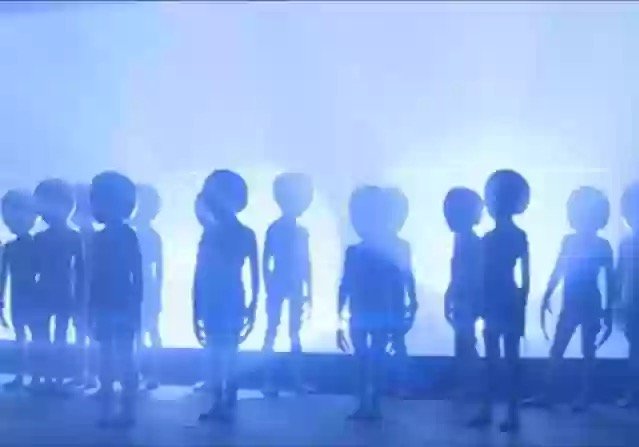
Some people believe that aliens live and work among us.
So the former Canadian Defense Minister Paul Hellier in an interview in 2014 said that on Earth live about 80 different kinds of aliens. Some of them, for example, Nordic blondes, look very much like people. Other "low gray" look like typical aliens and are hidden from the general population.
Physicist Paul Davies (Paul Davies) and Dr. Robert Trundle (Robert Trundle) have a similar opinion. They believe that the Fermi paradox has been resolved, and there are extraterrestrials, and we ourselves, without realizing this, communicate with them every day.
And what do you think friends ?? Read my blog in the future there will be a lot of interesting !!!!
Neil Degrasse Tyson spoke on aliens recently on Joe Rogan, interesting thoughts